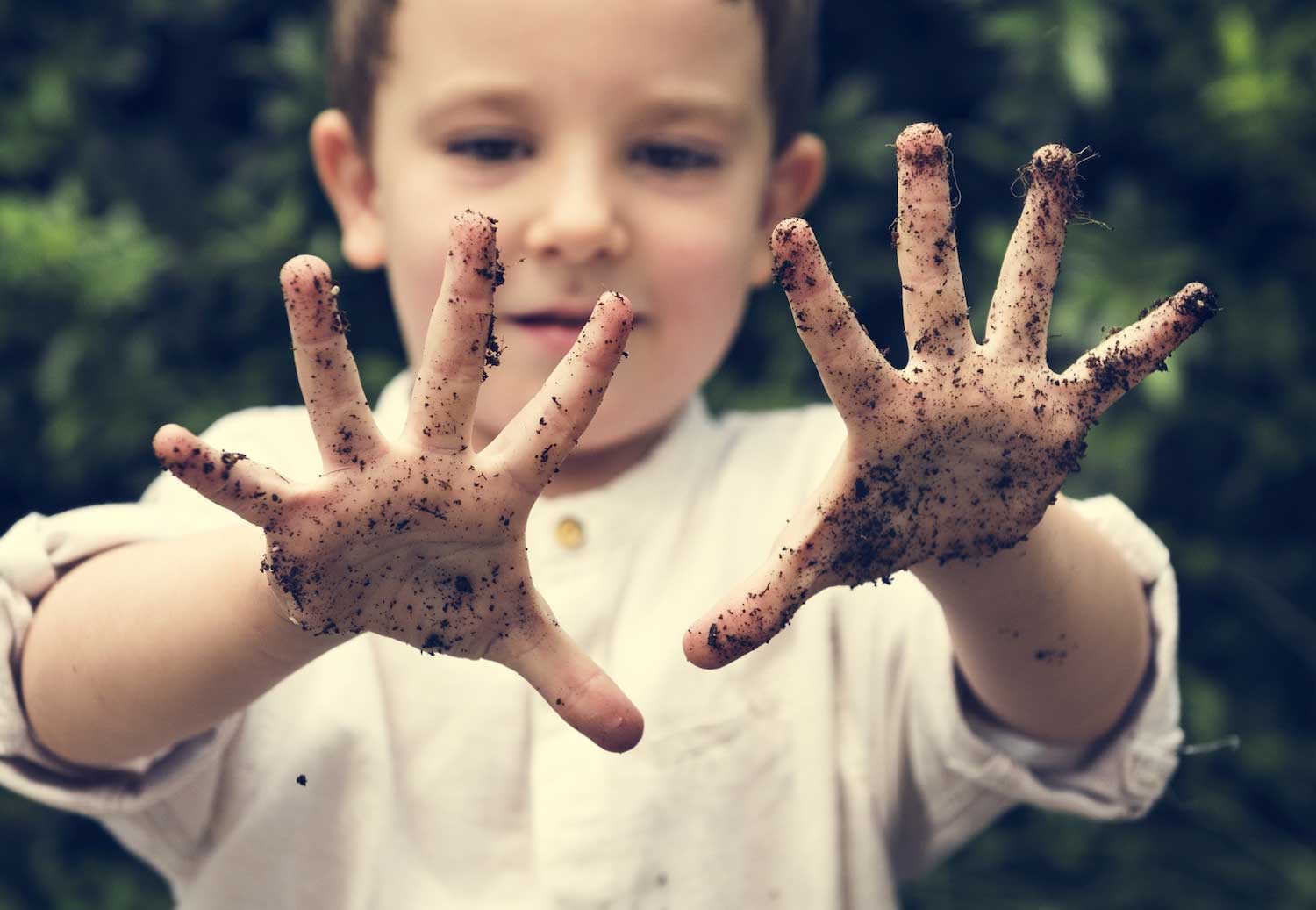Nature deficit disorder is real: Kids need to spend time outdoors

"Go play outside" is a common refrain from parents, but it's not just a self-serving way to get a few moments of well-deserved peace and quiet. Parents don't have to feel guilty about sending kids outside to play, because being outside in nature is good for their physical and mental health.
As technology continues to evolve and change the way we live our lives, less time outside has been a natural consequence for many people, particularly children. In fact, the average American child spends as few as 30 minutes a day in unstructured outdoor play while also spending more than seven hours a day in front of an electronic screen, according to the National Wildlife Federation. This phenomenon of decreasing amounts of time spent outside has even been given a name: nature deficit disorder.
The theory behind nature deficit disorder is that spending less time in nature can cause behavioral changes in children, the New York Times reports. During COVID-related shutdowns that prohibited access to public spaces, more awareness was raised about how important outdoor time is for kids — and how lack of access to outdoor spaces can be detrimental to their health.
While nature deficit disorder remains an unofficial, non-medical condition, a growing body of research supports the idea that lack of outdoor time has negative effects on children's — and adults' — well-being. The National Wildlife Federation believes time in nature is so critical for children that it should be monitored and even prescribed by health care providers.
Why is spending time outdoors so beneficial? To start with, our bodies need sunshine for optimal health because it provides vitamin D, which is vital for a variety of bodily functions such as bone health and immune response, according to Harvard Medical School. And whether it's kicking a ball around, riding a bike or going for a hike, outside is a perfect environment for many forms of physical exercise. (Kids should get at least one hour of physical activity a day, according to the U.S. Centers for Disease Control and Prevention.)
Outdoor play also helps kids build executive function skills — the skills we use to multitask, negotiate, plan, prioritize and troubleshoot — and learn about taking risks and negotiating risks, Harvard Medical School reports. And because time spent outdoors is often more unstructured than at school and in other organized activities, it also helps build social skills. Additionally, it can boost confidence and promote creativity and imagination, according to the Child Mind Institute.
RELATED: CHECK OUT OUR PROGRAMS FOR CHILDREN
Other benefits include decreasing stress levels, reducing symptoms of attention-deficit/hyperactivity disorder and even better distance vision, the wildlife federation reports. And getting dirty — quite literally letting kids play in the dirt — can help them build a stronger immune system while also giving them a better understanding of life all around them.
One less obvious result of kids spending time in the great outdoors that parents are sure to appreciate is better sleep. Kids who spend time outdoors sleep better for a few reasons, according to the National Wildlife Federation. First, regular exposure to natural light can help kids sleep better and also help them be more alert during the day and elevate their mood. Second, time outside can be soothing and help kids destress, which improves sleep. Finally, outdoor exercise is better for kids than indoor exercise, which also has positive effects on sleep.
Any time outside is good for kids, but spending time outdoors in nature has added benefits. Quite simply, spending time in nature gives kids a better understanding and appreciation of it. Experiences in nature — even something as simple as listening to birds sing or walking in the woods — give kids an understanding of all that exists on Earth and what is at stake if we don't take steps to protect it, according to Harvard Medical School.
